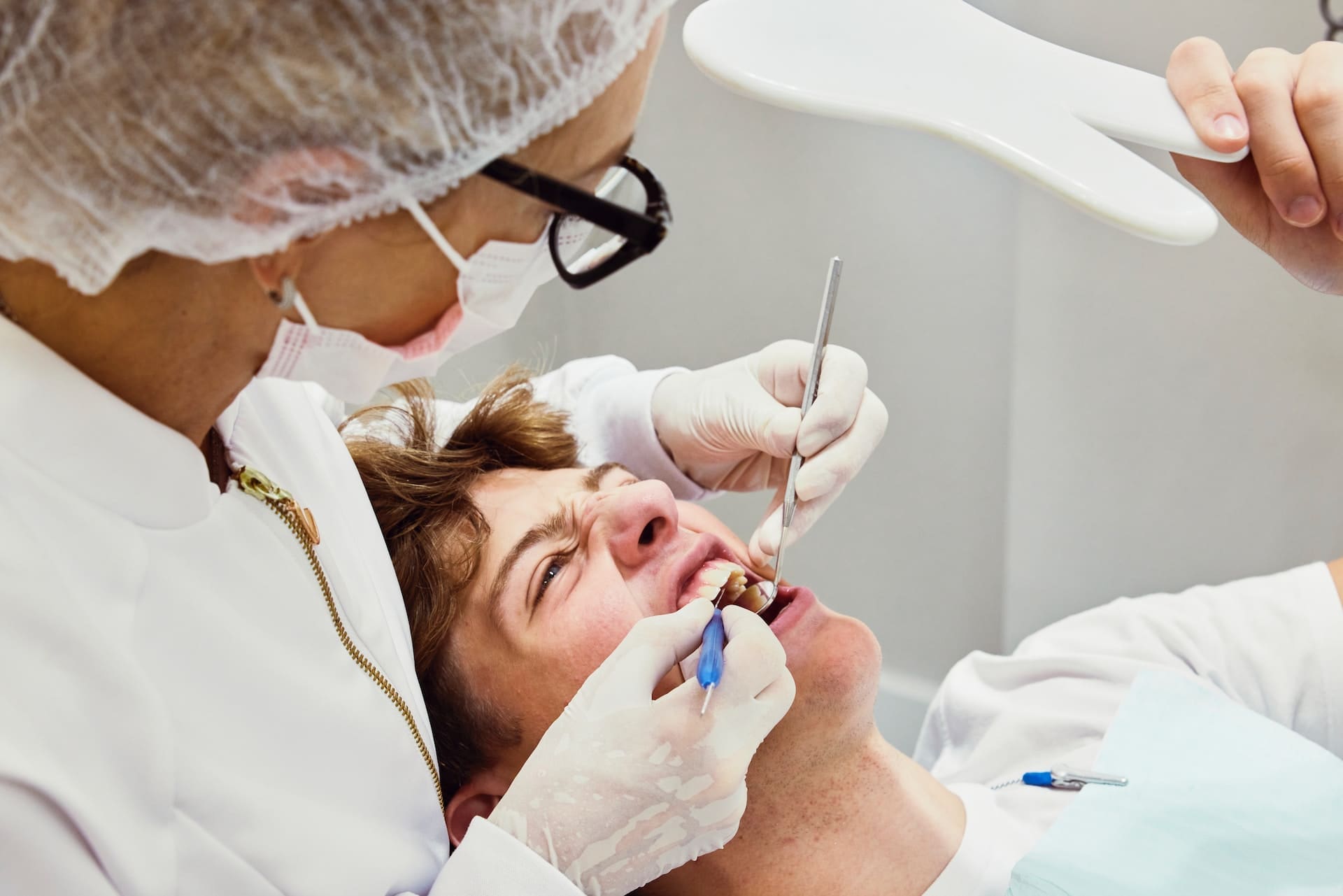Millions of people worldwide are affected by temporomandibular joint disorders (TMJ disorders) – a complex group of conditions that cause pain and dysfunction in the jaw joint and surrounding muscles. The discomfort and difficulty associated with TMJ disorders can significantly impact your daily activities and overall quality of life. At Sudbury Dental Arts, our expert dental team is committed to helping patients suffering from TMJ disorders by providing personalized TMJ treatment plans that address the root cause of the issue and alleviate symptoms.
TMJ disorders can stem from various factors, including injuries, misaligned teeth, teeth grinding, and stress – all of which can disrupt the harmony between the jaw joint, teeth, and surrounding muscles. TMJ treatment at Sudbury Dental Arts includes a holistic approach that not only addresses the symptoms but also tackles the underlying causes, working to restore the balance and harmony within your jaw system.
In this insightful guide, we will delve into the complexities of TMJ disorders, discussing the causes, symptoms, and the importance of early intervention in managing these conditions. We will also explore the benefits of seeking TMJ treatment at Sudbury Dental Arts, including our state-of-the-art diagnostic equipment and personalized treatment plans designed to offer lasting relief and improved jaw function.
Unraveling the Complexities of TMJ Disorders
Temporomandibular joint disorders (TMJ disorders) encompass a variety of conditions related to the jaw joint and surrounding muscles. Understanding the nature of these disorders is essential for determining the most effective treatment strategies. TMJ disorders can be classified into three main categories:
1. Myofascial Pain
This type of TMJ disorder is characterized by discomfort and pain in the muscles that control jaw function, including the muscles in the face, neck, and shoulders. Myofascial pain is often caused by muscle overuse, tension, stress, or teeth clenching and grinding (bruxism).
2. Internal Derangement of the Jaw Joint
Internal derangement involves a structural problem within the jaw joint itself, such as a dislocated jaw or a displaced articular disc.
3. Degenerative Joint Diseases
These conditions involve deterioration of the jaw joint and the development of diseases such as osteoarthritis or rheumatoid arthritis, which can significantly impact the joint’s function.
Recognizing the Symptoms of TMJ Disorders
Awareness of the symptoms associated with TMJ disorders is crucial for early detection and intervention. Some common signs and symptoms include:
1. Pain or tenderness in the jaw joint
2. Aching or discomfort in the face, neck, and shoulders
3. Stiffness or limited mobility in the jaw
4. Painful or difficulty chewing
5. Clicking, popping, or grinding noises when opening or closing the mouth
6. Earaches or ringing in the ears
7. Difficulty opening the mouth or locking of the jaw
If you experience any of these symptoms, it is essential to seek a professional evaluation and diagnosis from your dentist at Sudbury Dental Arts.
Personalized TMJ Treatment Options at Sudbury Dental Arts
At Sudbury Dental Arts, our team is dedicated to providing comprehensive, customized TMJ treatment plans tailored to address the underlying causes of your discomfort. Depending on the severity and nature of your TMJ disorder, our dental team may recommend one or more of the following treatment options:
1. Oral Appliances
For patients suffering from bruxism or misaligned bites, custom-made oral appliances such as night guards or bite splints can provide relief by redistributing biting forces and preventing clenching and grinding.
2. Physical Therapy
Physical therapy techniques, such as jaw exercises, hot or cold packs, and relaxation techniques, can help alleviate pain, increase jaw mobility, and reduce muscle tension.
3. Medication
Prescription or over-the-counter medications can help manage pain, inflammation, and muscle spasms associated with TMJ disorders. Our dental team will work with you to determine the most appropriate medication for your individual needs.
4. Dental Treatments
In cases where misaligned teeth contribute to TMJ disorders, orthodontic treatments, dental crowns, or bridgework can help restore proper bite alignment and alleviate symptoms.
5. Counseling and Lifestyle Changes
Our dental team can guide you through strategies to avoid behaviors that aggravate your TMJ disorder, such as excessive gum chewing, poor posture, and stress management techniques.
Living Pain-Free with TMJ Treatment at Sudbury Dental Arts
Regardless of the severity or cause of your TMJ disorder, the dental team at Sudbury Dental Arts is committed to helping you find relief and regain your quality of life. By prioritizing early detection, accurate diagnosis, and personalized treatment plans, we aim to alleviate your symptoms, restore your jaw function, and prevent further complications.
If you suspect you may have a TMJ disorder or are experiencing jaw pain, discomfort, or difficulties in your daily life, don’t wait any longer. Schedule a consultation with our Sudbury Dental Arts’ skilled dentist in Maynard, MA, by calling our office or completing our online appointment request form today. Together, we’ll develop a comprehensive TMJ treatment plan tailored to your unique needs and help you live life comfortably and confidently.




